Property Management – The Real Estate Investment Advisor
Interestingly enough, property managers and a financial advisors have something in common – they are managing your investments. Some people have one IRA, some people have one rental property. Some people max out their IRA contribution, some people put in a little bit here and there. Either way, they are relying on a professional to watch their investment(s) and be sure they are headed in the right direction.
Stocks and bonds rise and fall in value. Does that mean it’s immediately time to buy or sell? Home prices and interest rates rise and fall over time. Does that mean it’s time to raise rents, cash-out refinance, or sell your asset? These circumstances are constantly changing and having a professional in your corner can help you make the best decision possible in regards to your investment.
So how does a property manager work? How does one make it easier to enjoy the fruits of your investment? If a financial advisor watches the market and advises investors on when to sell, buy, hold, buy into new entities, and how to structure cash flow and savings, how does a property manager handle a real estate investment? What does that real estate plan look like?
A property manager will review and analyze your investment using similar, but obviously different metrics. The nature of the game is the same. The PM will look at your investment and determine when it’s the best time to raise rents, or upgrade your investment through a cash-out refinance. Let’s look at a few steps on this is accomplished.
STEP ONE: The PM can review with the property owner current mortgages (if applicable) and determine cash flow. If the cash flow is positive enough, a PM might be a great advantage to the real estate investment. Owning real estate for residual income is a great idea. If property owners find themselves spending hours of their week managing their account statements, calling contractors for a minor repair, returning tenant calls, following up on late payments, or marketing the property for a new tenant, then it’s no longer residual income. It’s EARNED income. Unfortunately, not to the federal government, but to your daily life it is. A quick consultation with a PM will prove eye-opening.
STEP TWO: A property inspection is a vital step. Owning real estate and living in it is one thing. It’s easy being on the front lines and seeing the items requiring work in the home. Not living in the home and never seeing the repairs required is different. Having an inspector come in and complete a home inspection is a great way to understand the minor work which should be handled immediately, the bigger jobs which might be coming up in the next year or more, and anything alarming that was never known when previously owning the home or when initially purchasing. A PM should also provide a basic inspection form to the tenant to complete at a walk-through. This will let both parties (owner and tenant) see what kinds of issues a tenant perceives to be existing prior to moving in so it can be resolved proactively, and not at time of tenant departure. This kind of diligence is usually part of a PM’s business model.
STEP THREE: Accounting is a major part of managing real estate. Keeping a thorough record of books will save time and money come tax time. A PM can maintain monthly and yearly reports documenting income and expenses. The PM can keep invoices on file. The PM can facilitate the payment of monthly rents so cash flows seamlessly. Most importantly, the PM can handle the outcomes of tenants NOT paying the rent. Managing the money is never as simple as taking a check and depositing it. As a property owner, documentation of income is a tax necessity! There are also numerous deductions that can be filed when owning investment property. The best practices of managing real estate will enable a property owner to present his/her CPA all the documentation necessary to prepare the tax returns and cut down on several hours of billable tax prep time. And even more so, it provides comfort from the threat of an audit.
Working with a property manager is not just about having him or her deal with a property (although some seasoned investors may want just that). It’s also about consistent dialogue between the manager and the owner for best practices, property needs, and possible options. It’s also about consistent dialogue between the manager and the tenant to keep property issues small, and easy to handle.
Looking to invest in real estate, consult a property manager! At Square 1 Property Management, we’re always open for conversation. And if you’re already investing in real estate, and looking to maximize your return while cutting back on your efforts, we’re worth the call!



